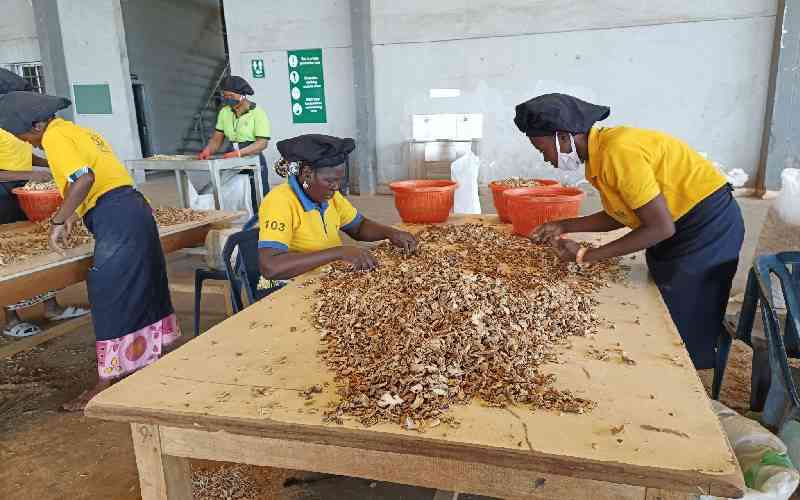Finance and policy reshape African farming- In Depth interview with Horizon, Aavishkaar, and KfW

Keypoints:
- Horizon, Aavishkaar, KfW leaders give views
- Finance, youth, and policy drive farming change
- Climate and trade shape Africa’s food future
AFRICA’S agriculture sector is undergoing a pivotal shift, driven by rising demand, innovation, and an urgent need for resilience. To understand where the industry is headed, Africa Briefing spoke with three influential voices: Jomy Antony of Horizon Group, Darren Lobo of Aavishkaar Capital, and Dr Markus Aschendorf of German development bank KfW. Together, their perspectives point to an agricultural landscape that is both fraught with challenges and rich in opportunity.
Shifting market dynamics
For Jomy Antony, the chief executive of Horizon Group, the transformation of African agriculture is not merely about technology but about market readiness. Horizon Group is a diversified agribusiness company investing in commercial farming, food processing, and export logistics across Africa. The firm has positioned itself as a bridge between smallholder producers and large-scale markets, focusing on integrated value chains that reduce post-harvest losses and improve farmer incomes.
Antony argued that Africa’s youth are central to the sector’s future. ‘We are seeing a generation that is more connected, more informed, and ready to view farming as a business rather than a subsistence activity,’ he said.
He noted that this generational shift is already visible in the spread of agritech start-ups, often led by young entrepreneurs. These ventures are pioneering digital marketplaces, drone technology, and AI-powered soil testing. ‘Youth are not waiting for solutions to be imported,’ he explained. ‘They are building them locally, adapted to African realities.’
Antony also emphasised that the continent’s food imports, worth billions of dollars annually, are unsustainable. Building competitive domestic value chains, he argued, is critical to reducing dependency on external markets. This requires more than growing crops; it demands investment in logistics, storage, and distribution to ensure that smallholder farmers can reliably access buyers across borders. ‘The farmer’s job should not end at the farm gate,’ Antony said. ‘We must connect them all the way to the consumer.’
Read full story – click here



